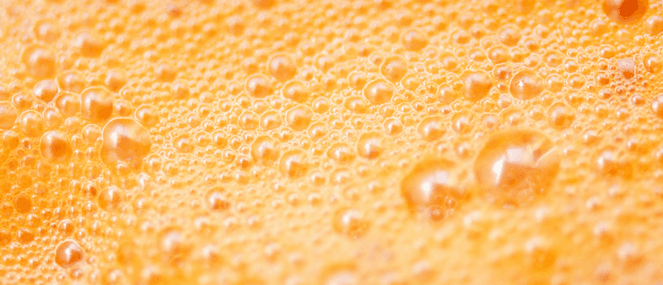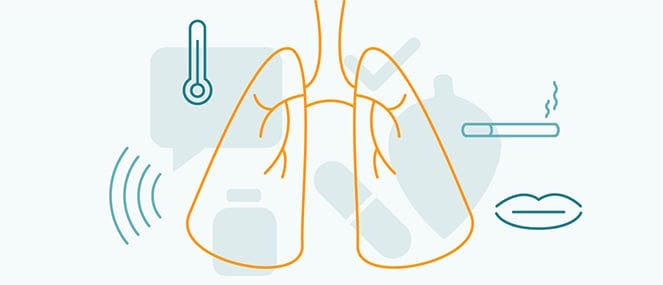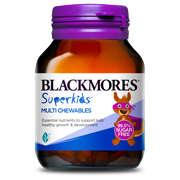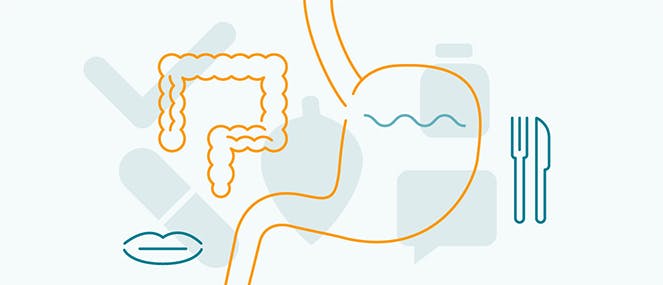- Health hub/
- Kids Health
Kids Health
Raising healthy kids doesn’t have to be hard! The kids health hub is full of great information on how to get your kids to eat more nutritional meals and snacks, as well as fun activities to get them up and moving.
Check out our children-friendly recipes and get expert advice on how to pack a vitamin-rich lunchbox.
More good food, less of the sweet stuff – help your child to feel great and thrive.
Fill those tummies with fruit & veg
Reduce sugar for a balanced diet
Healthy habits that stick like glue
Kids
Your guide to children's health
Children are more than just ‘little adults’. Read on for our advice on how to keep your kids healthy.
How much juice should your kids really be drinking?
While juice can be nutritious, excess sugar consumption whether through sweets or sweet drinks is not optimal.
Croup
Croup is a relatively common ailment of childhood, which is very contagious. It affects children between three months and six years old and normally lasts 5-6 days. The characteristic barking cough is due to the noise made by the air passing through the constricted airways and over the inflamed vocal cords.
Kids
Blackmores Superkids Multi Chewables
Out of stock
A 99.5% sugar-free natural strawberry-vanilla flavour formulation to support kids’ healthy growth & development
Always read the label and follow the directions for use. Read the warnings below before purchase.
$17.99
Blackmores Superkids Multi Chewables provide:
- Support for brain function (vitamin B5, iodine) and central nervous system development (iodine)
- Antioxidants to support kids’ healthy development (vitamin B2, C)
- Support for normal growth and development (Vitamins B3, B1, C, D, B12, B2, iodine, folate)
Zinc oxide (zinc 1 mg) 1.2 mg
Ferrous fumarate (iron 1.25 mg) 3.8 mg
Calcium hydrogen phosphate- anhydrous (calcium 5 mg) 17 mg
Magnesium phosphate (magnesium 5 mg) 24.2 mg
Nicotinamide (vitamin B3) 6 mg
Sodium ascorbate (ascorbic acid, vitamin C 10 mg) 11.3 mg
Ascorbic acid (vitamin C) 10 mg
Total vitamin C 20 mg
Folic acid 50 microgram
Cyanocobalamin (vitamin B12) 750 nanograms
Manganese amino acid chelate (manganese 12.5 microgram) 125 microgram
d-alpha tocopheryl acid succinate (vitamin E 15 IU) 12.4 mg
Biotin 25 microgram
Potassium iodide (iodine 75 microgram) 98.3 microgram
Colecalciferol (vitamin D3 100 IU) 2.5 microgram
Thiamine nitrate (thiamine, vitamin B1 284 microgram) 350 microgram
Riboflavin (vitamin b2) 550 microgram
Pyridoxine hydrochloride (vitamin B6 534 microgram) 650 microgram
Retinyl acetate (vitamin A 582.5 IU, RE 175 microgram) 200 microgram
Calcium pantothenate (pantothenic acid, vitamin B5 1.5 mg) 1.63 mg
Dosage
Not suitable for children under 2 years
- Always read the label and follow the directions for use.
- Vitamin supplements should not replace a balanced diet.
- Contains sulfites.
- Excess consumption may have a laxative effect.
- If you have any pre-existing conditions, or are on any medications always talk to your health professional before use.
- Some products should be ceased at least two weeks before any elective surgery, please confirm with your health professional.







